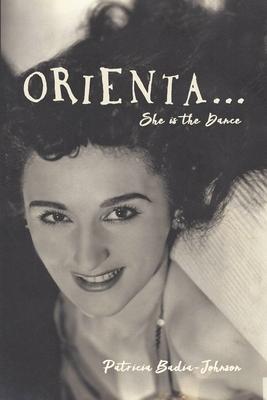"...She thus breaks the compact silence of working-class women who hardly had the time and energy to write about their life when they had to support their families. Interestingly though, Orienta only writes a brief autobiography, but concentrates the effort of making sense of her life into writing a novel. The novel is a rare female coming-of-age story, the distilled product of facts and imagination, where second-generation struggles to fit between two worlds are codified and finally solved. Her personal ambivalence is developed not only in terms of ethnicity, but also in terms of a special vocation, and job-Orienta was first of all a dancer.
As several other immigrants, or children of immigrants, Orienta felt the need to write down her life, pinning it down and offering it to her family as point of stability. As a woman, her writing finds a deeper raison d'etre that is clarified by Helen Barolini in her introduction to The Dream Book, the first anthology of Italian American women's writing: Orienta is one of those women "who with rare exceptions had never before been authorized either by their external world nor by their internal one to be authors of themselves or of the word."
